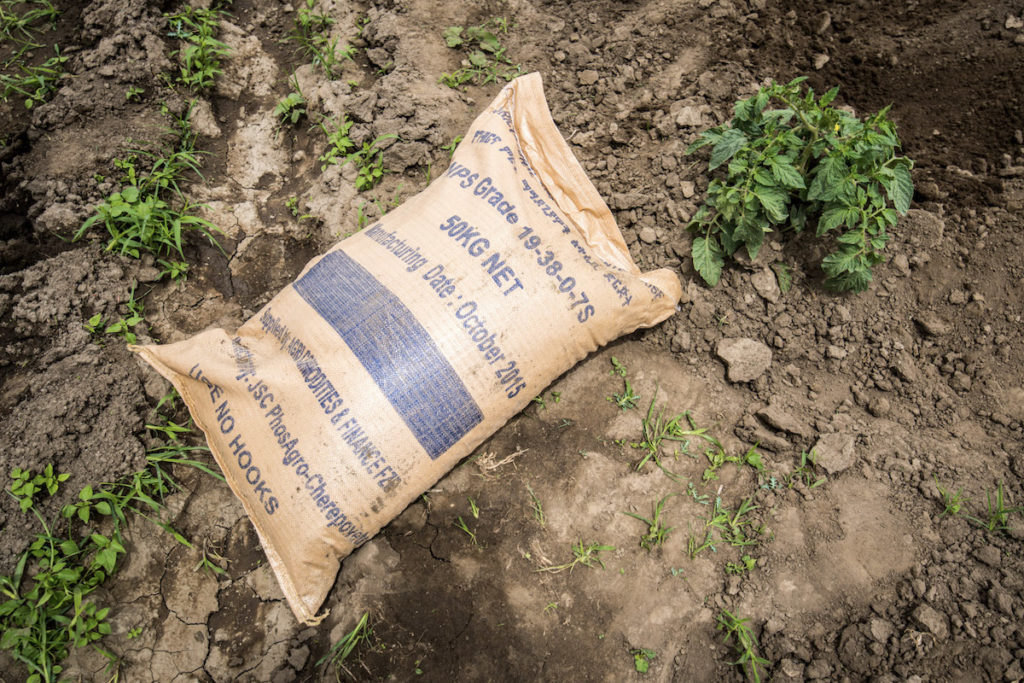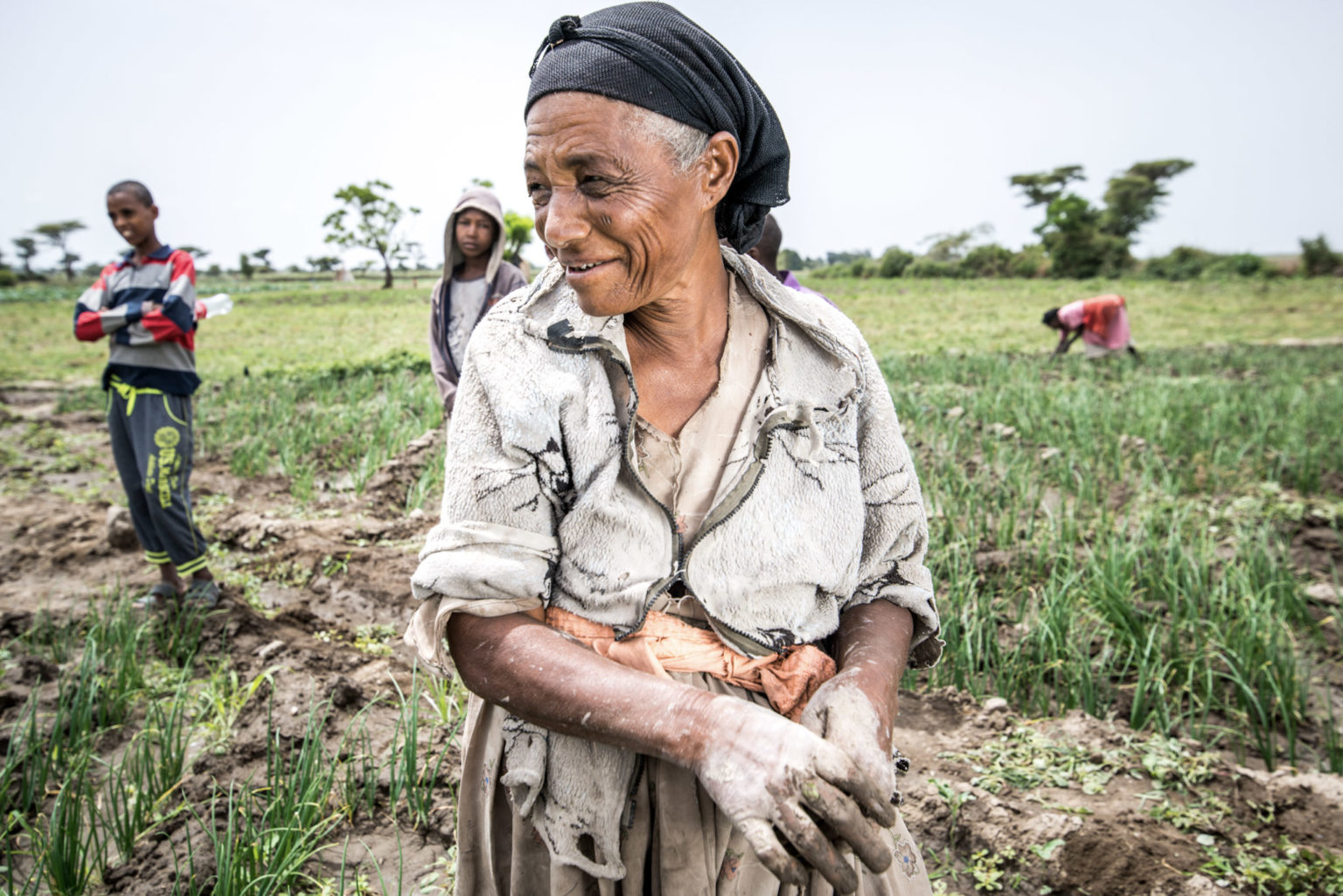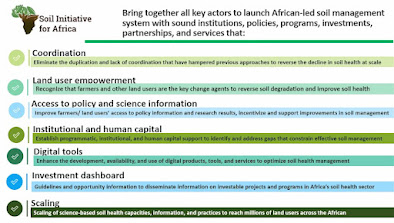Implementation of Some Key Decisions from the Specialized Technical Committee (STC) on Agriculture Rural Development Water and Environment (ARDWE)
- Preparations for the Africa Fertilizer and Soil Health Summit
- Presentation of the AFSH Action Plan
- Presentation of Soil Initiative for Africa Framework
- Draft Dakar Declaration
- Common Africa Agro-Parks as Flagship Program
Africa Fertilizer and Soil Health (AFSH) summit Documents
The summit, to be held in June 2023, will bring together high-level stakeholders to reach an agreement on a 10-year action plan for sustainable productivity growth in African agriculture.- The purpose of the Summit is to bring together all relevant stakeholders to highlight the crucial role of fertilizer and soil health in stimulating sustainable pro-poor productivity growth in African agriculture and to agree on an African Fertilizer and Soil Health Action Plan, as well as the Soils Initiative for Africa.
- The Conference is expected to bring together the African Heads of State, high-ranking government officials, senior policy makers, private-sector players and civil society organizations. Other participants will include representatives of farmer organizations and development agencies, including NGOs, scholars and scientists, and representatives of leading donor organizations.
When the first Fertilizer Summit was held, in 2006, most fertilizer markets in Africa were dominated by
domestic and international traders with limited incentives to build robust supply channels or provide fertilizers tailored to soil and crop-specific needs. A decade and a half later, there has been a dramatic increase in the utilization of African mineral resources for fertilizer production.
domestic and international traders with limited incentives to build robust supply channels or provide fertilizers tailored to soil and crop-specific needs. A decade and a half later, there has been a dramatic increase in the utilization of African mineral resources for fertilizer production.
Although the majority of this production is exported out of the continent, this should not necessarily be the case for the future. Long-term investments in fertilizer production plants and blending facilities are creating a paradigm shift with a focus on building sustainable and competitive distribution channels and customer (farmer) profitability, versus quick short-term profits. African governments also have more openness to the notion of private sector-led fertilizer markets, and hence a willingness to create a conducive policy and regulatory environment. Thus, Africa’s growth in fertilizer consumption combined with converging interests from the public and private sector creates an opportunity to develop a more holistic roadmap that increasingly addresses sustainability issues, including the critical role of soil
health.
The challenge, therefore, will be to transition African agriculture from a soil-mining and low-
productivity activity towards a highly efficient activity with minimum emissions while avoiding the mistakes of overuse and mismanagement of nutrients made on other continents and achieving this at a pace never seen anywhere else in history. There is a need to move from fertilizer use only, to holistic, sustainable management of soils. Therefore, an African Fertilizer and Soil Health Action Plan is urgently required, with high-impact solutions and investments over a 10-year horizon to accelerate access to fertilizers and sustainable management of soils, reduce the yield gaps and contribute to sustainable agricultural transformation in the context of a changing climate on the continent.
In order to inform the discussions and deliberations during the summit, the following studies
- Mega Trends: Key Trends, Challenges and Opportunities for Agriculture in Africa. Lead – ANAPRI
- The impacts of African Continental Free Trade Area on fertilizer sector. Lead –FAO
- Farmer's risks and economic use of fertilizer in Africa. Lead - ANAPRI
- Fertilizer policy and regulatory frameworks. Lead – ANAPRI and AFAP
- The prevalence and cost of soil degradation in Africa: implications and imperative for urgent action. Lead - APNI
- Policy directions for incentivizing soil health practices at the country level. Lead - FARA
- Promoting sustainable soil management to increase organic resources in farms and landscapes. Lead - FAO
- Financing tools identified to strengthen the supply and improve the availability of inorganic fertilizer. Lead – AFAP, AFFM, EBID
- Effectiveness and performances of existing financing schemes in overcoming the fertilizer financing constraints. Lead – AFFM, AFAP
- Refine the archetypes and create policy guidelines on fertilizer financing, finance archetypes of supply chains. Lead – IFDC, Wallace & Associates
- Development of a Monitoring Plan to Track implementation of the AFSH Action Plan. Lead – IFDC
- Scoping existing technologies and innovations on effective fertilizer use in the smallholder system. Lead – APNI
- Sectoral issues affecting Soil Health. Lead – APNI, FAO.
- Mechanisms used to finance the fertilizer distribution chain from import to farmer. AfDB.
Common Africa Agro-Parks (CAAPs) Documents
- Information Note on Common Africa Agro-Parks (CAAPs)
- Food and Agriculture for Sustainable Transformation (FAST) Initiative
- Climate Responses for Sustaining Peace (CRSP) Initiative
Africa is a potential agri-investment destination and offers huge agriculture and food opportunities. According to a World Bank Report Africa Agriculture and Agribusiness Markets Set to Top USD One Trillion in 2030. Agro-processing continues to be a great opportunity for investors. Investors shall get ready to feed and create employment for ' 'Africa's 1.5 billion population by 2030 and over 2.5 billion by 2050, while making some decent profits in the process of making use of the African food market that will triple to USD 1trillion by 2030.
For a first time, the African Union is keen on taking over the continental food market of the current 1.3
billion customers, which shall be operationalized and offered to African business people and investors,
to significantly reduce food imports in the continent.
The Common African Agro-Parks (CAAPs) Programme, which is a mega-initiative to create regional agro-industrial hubs implemented by the African Union was conceptualized to respond to the continent's demand for interventions aimed at:
- increasing the supply of locally produced agricultural goods,
- reversing projections on African food imports, and
- value-added processing of agricultural products with a view to boosting intra-African trade and investment.
The CAAPs constitute 5 large common agro-industrial zones that will be established in suitable agro-
ecological areas in Africa for the selected commodities, one in each of the 5 geographical regions in Africa, that will serve as major agricultural development hubs with transboundary mega agro-industries and food supply corridors on the continent. Each agro-industrial zone will therefore be dominated by specialized agricultural commodities to produce sufficient quantity of the commodity that can gradually offset the import bill of such commodities.
A CAAP Demonstration Project is defined as an agro-industrial park with an agriculture value chains development that promotes regional integration and boost intra-Africa trade by covering at least two countries that come into agreement to produce, transform, and trade with a view to boost the production and transformation of agricultural commodities for job and wealth creation in the region within the context of the African continental free trade areas.






No comments:
Post a Comment